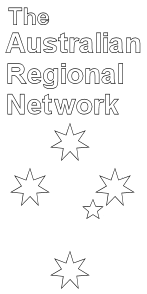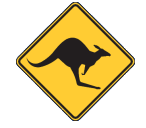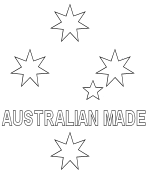Flinders Local History
Located in the Bowen Basin, Flinders is a region in central western Queensland that is known for its rich history and diverse landscape. It is home to the town of Hughenden, a small community that has played a significant role in the development of Queensland’s agricultural and mining sectors.
The Indigenous History of Flinders
The Indigenous people in the Flinders region are the traditional owners of the land and have been living here for thousands of years. They have a rich culture and history that is still being passed down through generations. Unfortunately, the arrival of European settlers brought with it many hardships, including disease and forced displacement from their ancestral lands. Despite this, the Indigenous people in the Flinders region have maintained their strong connections to the land and continue to fight for their rights and recognition.
The Arrival of European Settlers
The Flinders region was first explored by Europeans in the early 19th century. The first European to set foot in the area was John Oxley, who was exploring the Fitzroy River in 1823. However, it wasn’t until the 1860s that European settlements began to appear in the Flinders region.
The town of Hughenden was founded in 1863, following the discovery of gold in the area. Gold fever swept across the region and many settlers came to the area in search of riches. However, the gold rush was short-lived, and by the 1870s, most of the miners had left the area.
The discovery of copper in the area in the late 1870s brought a new wave of settlers to the Flinders region. Copper mining became one of the main industries in the area, and it brought with it a new era of prosperity.
The Rise and Fall of the Cattle Industry in Flinders
In the late 1800s, the cattle industry in the Flinders region began to boom. Large cattle stations were established, and the region became a hub for cattle transportation. However, the collapse of the cattle market in the 1920s led to the decline of the industry in the Flinders region. Many cattle stations were abandoned, and the population of the area began to decline.
Modern Flinders
Today, the Flinders region has a diverse economy that is based on mining, agriculture, and tourism. The town of Hughenden has a population of around 1,200 people, and it serves as the main hub for the Flinders region.
The region is home to a number of attractions, including the Flinders Discovery Centre, which features exhibits on the natural and cultural history of the area, and the Porcupine Gorge National Park, which has some of the best hiking trails and scenic views in the region.
History of in Flinders
The Flinders region has a long and rich history that is still being explored today. From the Indigenous people who have lived here for thousands of years to the European settlers who founded the town of Hughenden, the Flinders region has played a significant role in the development of Queensland. Today, the region’s diverse economy and natural attractions make it a popular destination for tourists and a great place to live for those who call it home.


















